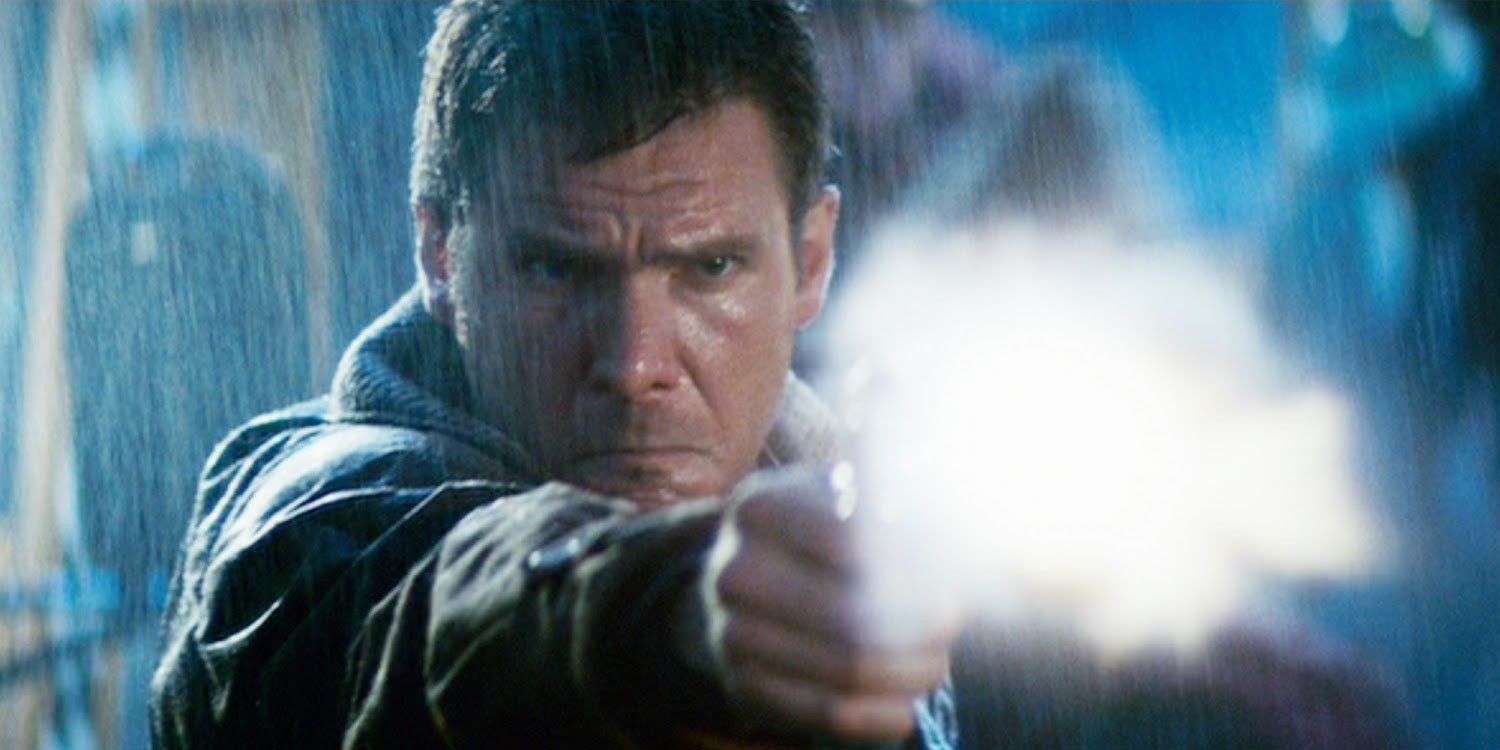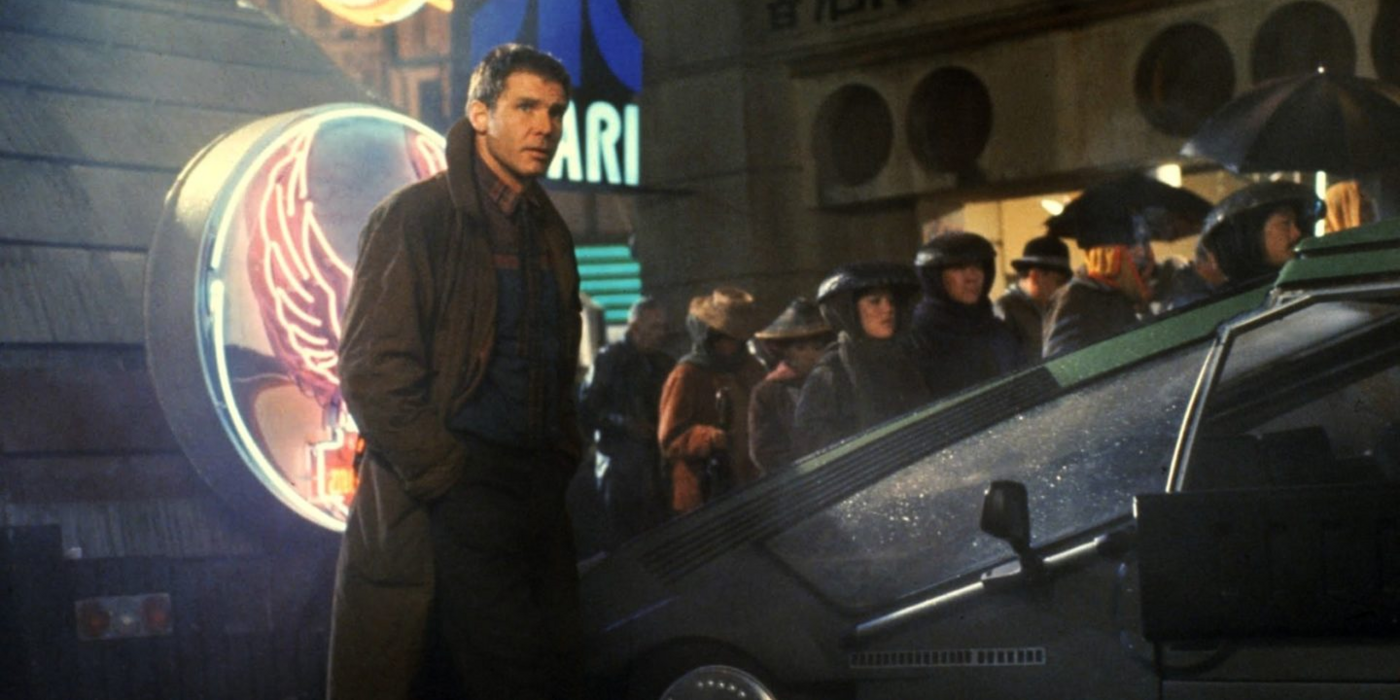Blade Runner can no longer be considered a futuristic movie. Ridley Scott's cinematic classic stars Harrison Ford as Deckard, a retired cop tasked with hunting down a rogue group of synthetic life-forms known as Replicants. Although not a smash-hit at the box office during its initial 1982 release, Blade Runner has gone on to achieve widespread critical acclaim, building a cult following thanks to the advent of VHS and eventually coming to be recognized as a masterpiece of science fiction cinema.
A huge part of Blade Runner's legacy is its striking, instantly recognizable visual style, and its depiction of a dystopian, futuristic alternate Los Angeles. The immersive world in which Deckard's (mis)adventure takes place has become a defining example of what filmmakers deemed "the future" in the 1980s, but many cinematographers still take inspiration from Blade Runner today when crafting a vision of Earth 'X' amount of years into the future.
While many fans understandably still see Blade Runner as a futuristic movie, that all comes to an end as of November 2019, since this is when the film's story is set. 2019 might've seemed a long way away in 1982, close enough to retain a few recognizable elements, but far enough to take artistic license with all manner of technological and scientific advancements. However, that date has now arrived and by Christmas, Blade Runner will officially be set in the past, despite still an inherently futuristic setting and reputation.
This strange paradox may affect future viewings of Blade Runner, because the future it depicts is quite far removed from the reality in which we find ourselves. Like many films of the era, Blade Runner overestimated certain areas of scientific progress. Space travel, for example, was predicted to burgeon following the 1969 moon landing, but development has been far more gradual than expected. Certainly, mankind is nowhere near colonizing outer space, despite Elon Musk's best efforts. The idea of synthetic humans indistinguishable from the real thing also now seems particularly far-fetched. Despite massive leaps forward in A.I. and robotics, even the most sophisticated cybernetic constructions look rudimentary compared to those in Blade Runner.
Instead, the real world has made advancements in other areas. The internet acts as a global information highway, whereby almost everyone living in a developed country has access to the collective knowledge of man in their pockets, but instead posts hilarious memes. And while AI and genetic engineering might not have advanced to Blade Runner's predicted levels, the use of data, algorithms and usable information is, in many ways, even more dystopian than fictional L.A. But Blade Runner did get a few things right. 2019 Los Angeles had taken commercial advertising to new heights of intrusion for Deckard and his contemporaries, and this is a pattern that real-life has imitated to some extent.
Of course, it isn't Ridley Scott's job to accurately predict the future. Catching up to its own timeline in no way detracts from Blade Runner's artistic value or its capacity to entertain. Upon their next rewatch, however, some fans might find suspension of disbelief just a touch more tricky now that Blade Runner's potential future has been officially ruled out of contention. A big part of science fiction's appeal as a genre is witnessing a speculative glimpse of our own possibilities as a civilization. Movie fans are now beginning to find out what happens when those same films are no longer predictions, but an alternate history, or look at what might've been.


